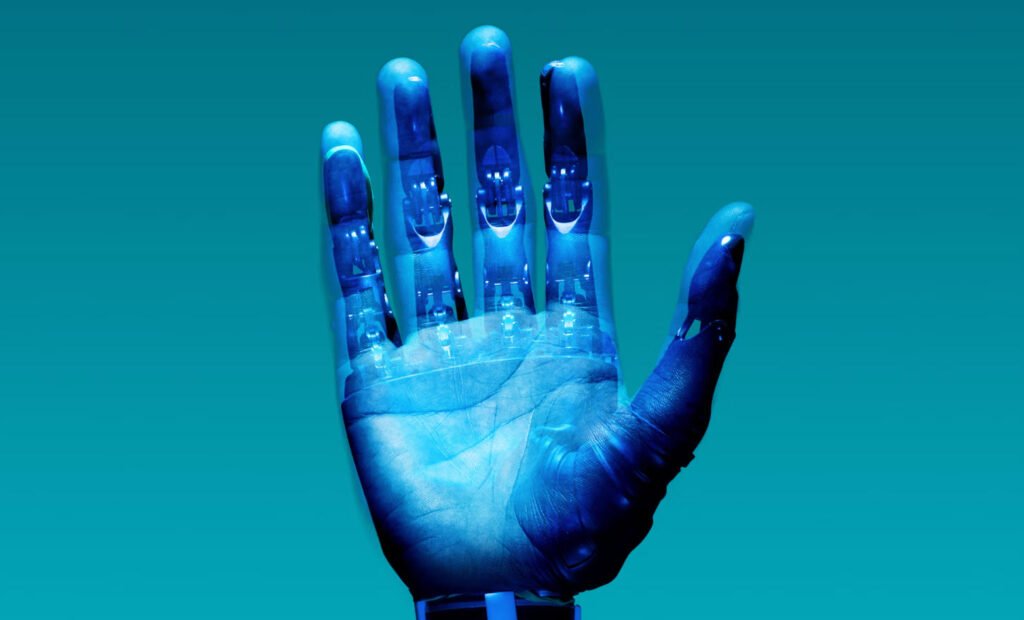In today’s digital age, cybersecurity is more important than ever. With the increasing number of cyber threats, protecting yourself online requires vigilance and awareness.
Here are 18 essential cybersecurity tips to help you safeguard your digital life.
- Use Antivirus and Anti-Malware Software
- Keep Software Up-to-Date
- Keep Hardware Up-to-Date
- Don’t Be Lazy with Passwords
- Always Scan External Storage Devices
- Store Sensitive Data in Secure Locations
- Avoid Clicking Suspicious Links
- Use Public Wi-Fi with VPN
- Use HTTPS on Your Websites
- Back Up Data Regularly
- Install Firewalls
- Enable Two-Factor Authentication (2FA)
- Block Adware
- Disable Bluetooth When Not in Use
- Double Check for HTTPS on Websites
- Avoid Clicking Suspicious Email Attachments or Links
- Use VPN to Privatize Your Connection
- Use Secure File Sharing Solutions
1. Use Antivirus and Anti-Malware Software
The first line of defense against cyber threats is to install reputable antivirus and anti-malware software. These tools help detect and remove malicious software from your devices, protecting you from viruses, ransomware, and spyware. Regularly update your software to ensure it can defend against the latest threats.
2. Keep Software Up-to-Date
Outdated software is a common entry point for hackers. Regularly update your operating system, applications, and browsers to patch security vulnerabilities. Most software offers automatic updates, which is a convenient way to ensure you’re always protected.
3. Keep Hardware Up-to-Date
Just like software, hardware can also have vulnerabilities that need addressing. Ensure your devices, such as routers and modems, are running the latest firmware updates. Older hardware may not support newer security features, making it more susceptible to attacks.
4. Don’t Be Lazy with Passwords
Using weak or common passwords is one of the easiest ways for cybercriminals to gain access to your accounts. Always use strong, unique passwords that combine letters, numbers, and special characters. Consider using a password manager to generate and store complex passwords.
5. Always Scan External Storage Devices
External storage devices like USB drives can carry viruses and malware. Before opening files from these devices, always scan them with your antivirus software. This simple step can prevent infections from spreading to your computer.
6. Store Sensitive Data in Secure Locations
Sensitive information, such as financial records or personal documents, should be stored securely. Use encrypted storage solutions or secure cloud services to protect your data from unauthorized access. Avoid storing sensitive data on easily accessible devices like smartphones.
7. Avoid Clicking Suspicious Links
Phishing attacks often come in the form of emails or messages containing suspicious links. Always be cautious before clicking on any link, especially if it’s from an unknown source. Hover over the link to see the URL, and if it looks suspicious, don’t click.
8. Use Public Wi-Fi with VPN
Public Wi-Fi networks are notoriously insecure, making it easy for hackers to intercept your data. When connecting to public Wi-Fi, always use a VPN (Virtual Private Network) to encrypt your internet connection and protect your privacy.
9. Use HTTPS on Your Websites
If you manage a website, ensure that it uses HTTPS (Hypertext Transfer Protocol Secure). HTTPS encrypts the data transmitted between your website and its visitors, providing an extra layer of security. It also builds trust with your users, showing that you prioritize their security.
10. Back Up Data Regularly
Data loss can happen due to various reasons, including cyberattacks. Regularly back up your data to an external hard drive or a secure cloud service. In the event of a ransomware attack or hardware failure, backups ensure that you don’t lose critical information.
11. Install Firewalls
Firewalls act as a barrier between your device and the internet, blocking unauthorized access to your network. Make sure you have a firewall installed on your devices, and configure it to block potentially harmful connections.
12. Enable Two-Factor Authentication (2FA)
Two-factor authentication (2FA) adds an extra layer of security to your accounts by requiring a second form of verification, such as a text message or authentication app. Even if someone has your password, they won’t be able to access your account without the second factor.
13. Block Adware
Adware can be more than just annoying; it can also be a security risk. Adware often comes bundled with malicious software that can compromise your security. Use an ad blocker or antivirus software to prevent adware from infecting your devices.
14. Disable Bluetooth When Not in Use
Bluetooth can be a gateway for hackers to access your device, especially in public places. When you’re not using Bluetooth, disable it to minimize the risk of unauthorized access.
15. Double Check for HTTPS on Websites
When browsing the web, always check for HTTPS in the website’s URL before entering sensitive information. Websites using HTTPS are more secure, as they encrypt your data during transmission, reducing the risk of interception.
16. Avoid Clicking Suspicious Email Attachments or Links
Email attachments and links are common methods for spreading malware. If you receive an unexpected email with an attachment or link, even if it appears to be from someone you know, verify its legitimacy before opening it.
17. Use VPN to Privatize Your Connection
A VPN (Virtual Private Network) masks your IP address and encrypts your internet connection, making it difficult for hackers to track your online activities. Use a VPN, especially when accessing sensitive information or using public Wi-Fi.
18. Use Secure File Sharing Solutions
When sharing files, especially those containing sensitive information, use secure file-sharing solutions. Avoid using unsecured methods like email attachments, and opt for services that offer encryption and password protection.
Conclusion
By following these 18 cybersecurity tips, you can significantly reduce your risk of falling victim to cyber threats. Stay vigilant, keep your systems updated, and always prioritize security to protect your digital life.




Pingback: The Rise of Online Shopping – Convenience, Risks, and Safety Measures - Tech Hyme
Pingback: How to Avoid Being a Victim of Cybercrime - Tech Hyme